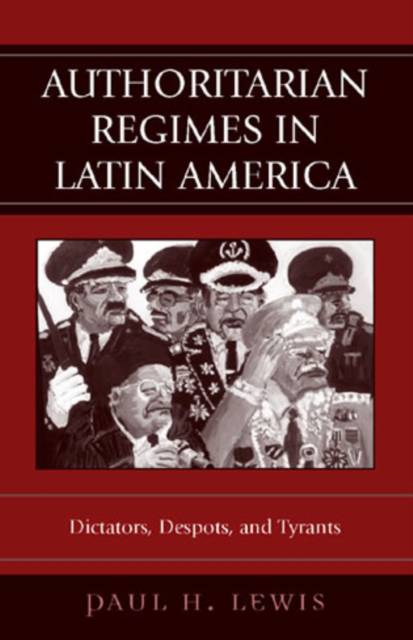
Bedankt voor het vertrouwen het afgelopen jaar! Om jou te bedanken bieden we GRATIS verzending (in België) aan op alles gedurende de hele maand januari.
- Afhalen na 1 uur in een winkel met voorraad
- In januari gratis thuislevering in België
- Ruim aanbod met 7 miljoen producten
Bedankt voor het vertrouwen het afgelopen jaar! Om jou te bedanken bieden we GRATIS verzending (in België) aan op alles gedurende de hele maand januari.
- Afhalen na 1 uur in een winkel met voorraad
- In januari gratis thuislevering in België
- Ruim aanbod met 7 miljoen producten
Zoeken
€ 132,95
+ 265 punten
Omschrijving
Describes how Latin America's authoritarian culture has been and continues to be reflected in a variety of governments, from the near-anarchy of the early regional bosses (caudillos), to all-powerful personalistic dictators or oligarchic machines, to contemporary mass-movement regimes like Castro's Cuba or Peron's Argentina.
Specificaties
Betrokkenen
- Auteur(s):
- Uitgeverij:
Inhoud
- Aantal bladzijden:
- 272
- Reeks:
Eigenschappen
- Productcode (EAN):
- 9780742537385
- Verschijningsdatum:
- 29/11/2005
- Uitvoering:
- Hardcover
- Afmetingen:
- 161 mm x 235 mm
- Gewicht:
- 476 g

Alleen bij Standaard Boekhandel
+ 265 punten op je klantenkaart van Standaard Boekhandel
Beoordelingen
We publiceren alleen reviews die voldoen aan de voorwaarden voor reviews. Bekijk onze voorwaarden voor reviews.









